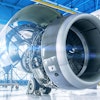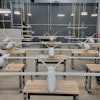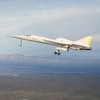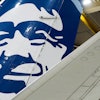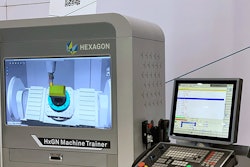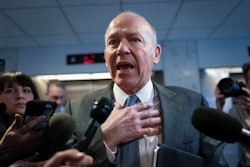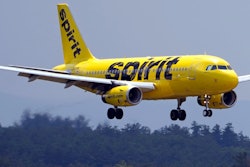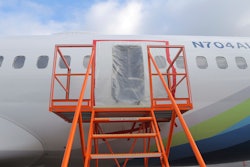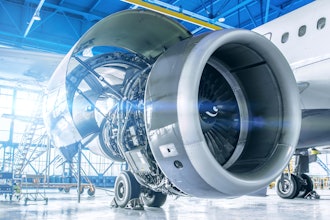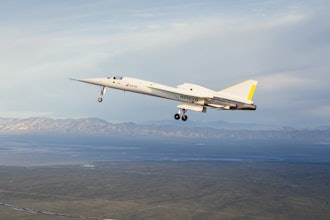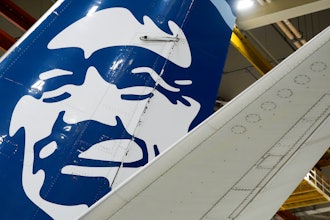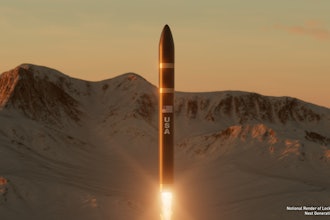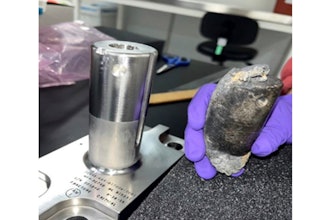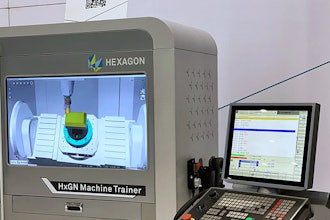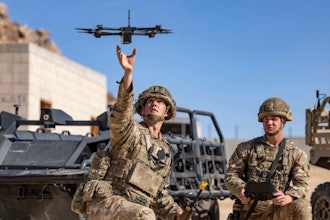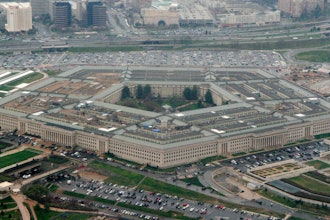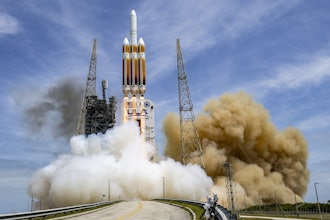SEATTLE (AP) -- Boeing Co.'s Machinist union said it will vote on a tentative four-year labor pact on Saturday, a process that could end an eight-week strike against the airplane maker.
The strike, now in its 53rd day, has shut Boeing's commercial jet factories, cut into profits and delayed airplane deliveries.
Boeing spokesman Tim Healy on Tuesday said company and union officials would meet soon to set a schedule for workers to return to their jobs if the contract is ratified. Some could be back at work as early as Sunday night, he said. Workers were given two weeks to report after the end of the last strike in 2005, but Healy said the company feels "that's probably too long."
As for the timing of the ratification vote, "that's their process," he said. "We want to get folks back to work as soon as we can."
It remains unclear how long it would take Boeing's commercial aircraft business to return to pre-strike production levels. Boeing representatives said the company will conduct an assessment once work resumes.
The union, representing 27,000 production workers in Washington state, Oregon and Kansas, went on strike Sept. 6 after rejecting a final contract offer by the company, with major sticking points being job security and health benefits.
The strike is the union's fourth against Boeing in two decades and has cost the Chicago-based airplane maker an estimated $100 million a day in deferred revenue and pushed back scheduled deliveries of its commercial airplanes, including its long-awaited 787 jetliner.
Last week, Boeing said its third-quarter profit sank 38 percent to $695 million, or 96 cents per share, because of the strike and supplier problems. The strike lowered earnings by roughly 35 cents per share, the supplier problems by 25 cents.
The strike also impeded Boeing's delivery schedule. The company delivered just 84 planes during the quarter, 35 fewer than planned.
Boeing's chief financial officer, James Bell, said after the earnings announcement that the company should be able to resume pre-strike production within two months. "Hopefully we can do it in a lot less time," he said in a conference call.
Boeing said its backlog of plane orders, meanwhile, was worth a record $349 billion, up from $346 billion at the end of the previous quarter.
Just a day after the earnings announcement, Boeing and union representatives began revived contract talks that lasted five straight days. The company and Machinists negotiators agreed to the proposed labor pact late Monday, with union negotiators unanimously endorsing the deal.
A notice posted on the Web site of Machinists District Lodge 751 in Seattle said union voting will be conducted along with the distribution of strike paychecks. The count is set for Saturday evening at the union hall with the results to be announced around 8:30 p.m PDT.
A simple majority is required for ratification.
Boeing and Machinists union representatives said the proposed deal would enhance job security, the thorniest issue in the dispute.
Early Tuesday, striking workers huddled around a burn barrel outside a 737 plant near Seattle and said they had seen only a summary of the proposed deal and wouldn't decide how to vote until they see the details.
"We've just seen the good parts," said Clay Tinker, a technician who joined Boeing in 1989. "We haven't seen the fine print, just the highlights."
Francis Larkin, a spokesman for the International Association of Machinists and Aerospace Workers in Washington, D.C., told The Associated Press the deal was reached shortly before 9 p.m. EDT Monday at Federal Mediation and Conciliation Service headquarters in Washington and the 52nd day of the walkout.
In a news release, Boeing Commercial Airplanes President Scott E. Carson said the agreement "rewards employees for their contributions to our success while preserving our ability to compete."
Healy, the Boeing spokesman, said the settlement included provisions for subcontractors to deliver parts and supplies to the shop floor and procedures for the union to bid for work.
Negotiations with a federal mediator started Thursday in Washington, D.C. under a news blackout. It took until Saturday to agree on job security issues and two more days to agree on wages, retirement and medical care, Healy said
The union represents about 25,000 workers in the Seattle area, 1,500 in Gresham, Ore., and 750 in Wichita, Kan. Participants in the talks included IAM President Tom Buffenbarger and General Vice President Rich Michalski.
"I think we've addressed all the major concerns that our members have had," Buffenbarger said by telephone.
According to a union statement, the deal provides total wage increases of 15 percent over the 4-year life of the contract, compared with a total of 11 percent over three years in Boeing's last pre-strike offer.
It includes bonuses over the first three years of the contract, pension increases and the preservation of current medical benefits -- an issue Boeing had sought to change.
The pact also strengthens provisions for the union to bid against subcontractors for work and includes agreements to protect jobs held by workers such as forklift drivers and to limit vendor deliveries to the shop floor.
The union's aerospace coordinator and chief negotiator, Mark Blondin, said the sticking point in the last unsuccessful round of talks was Boeing's insistence on replacing about 2,000 union workers who distribute parts, deliver materials and perform similar tasks with outside suppliers and subcontractors.
Parts and supply delivery to the shop floor has been a sore spot with the union since 2002, when the Machinists voted to reject a contract offer giving subcontractors access to the shop floor for the first time but failed to muster the two-thirds vote required for a strike. As a result, Boeing was able to put the terms into effect without union agreement.
The Machinists sought to remove that provision during their strike in 2005 but settled without winning on that issue.
In addition to the current walkout, the union struck for 28 days strike in 2005, 69 days in 1995 and 48 days in 1989.
The latest walkout began three days after Boeing's last offer was rejected in early September. Two days of last-ditch talks to avoid a strike failed, and another two-day round of negotiations collapsed Oct. 13. Mediators were involved in both of those efforts.
Meanwhile, Boeing supplier Spirit Aerosystems, which builds 737 fuselages and parts of other Boeing aircraft, is waiting for striking Machinists to vote before making decisions about its own schedule.
Spirit spokeswoman Debbie Gann said Tuesday that even if the Boeing contract is ratified, the Wichita-based company won't immediately resume full production. She says Spirit will have to sync its production schedule with Boeing's ramp up.
Most of Spirit's 10,500 employees have been working a three-day work week since the strike began. The company also warned employees earlier this month that it might look at a shutdown and temporary layoffs if the Boeing strike went on much longer.
Boeing is Spirit's biggest customer.
Dallas-based Vought Aircraft Industries, which makes aft fuselage sections for Boeing's 787, laid off 50 of its 535 workers on Friday. Rockwell Collins, which provides the flight deck display and other systems, reduced its Iowa staff through cuts in overtime, attrition and voluntary layoffs that were accepted by 80 workers.
Separately, Boeing's contract talks with its union engineers will move into high gear later this week. The company hopes to avoid a second strike, this one by its white-collar union, which represents 21,000 scientists, engineers, manual writers, technicians and other hourly workers.
Shares of Chicago-based Boeing rose $6.55, or nearly 16 percent, to $48.91, on Tuesday.
AP Business Writer Daniel Lovering in Pittsburgh contributed to this report.
